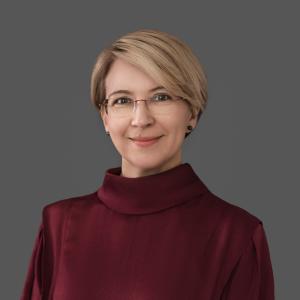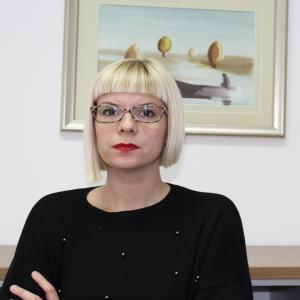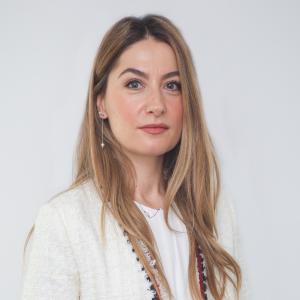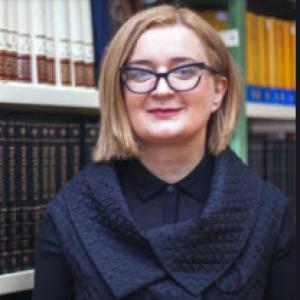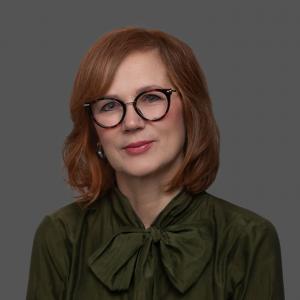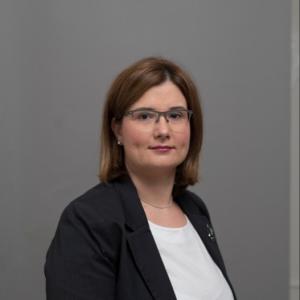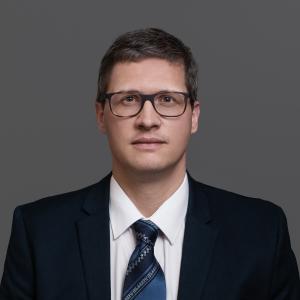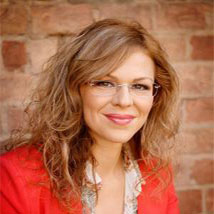Mentoring
Appointement of mentors
In the enrolment procedure for the Doctoral Study Programme the Council of Studies makes decisions on the formal appointment of a mentor, the topic of the doctoral dissertation and the acceptance of an individual research plan.
The mentor is obliged to conscientiously, competently and ethically and scientifically responsibly take care of the doctoral student to whom he/she has been appointed as a mentor.
The mentor helps the doctoral student during the doctoral study and is obliged to guide and guide him in scientific work and application of scientific methods during the preparation of the doctoral dissertation, monitor the quality of his work, encourage him to publish papers and enable him to participate in scientific projects.
The mentor is obliged to check the authenticity of each written work of the doctoral student.
The mentor verifies the fulfilment of elective study obligations on the prescribed form, according to the criteria determined by the Doctoral Study Council (16 ECTS credits per each academic year).
The mentor is obliged to submit a report once a year on the work of the doctoral student and his / her progress during the doctoral study.
In addition to the mentor of the doctoral dissertation, the student can also be assigned a co-mentor who, together with the mentor, monitors the candidate in his doctoral research because of the inter-disciplinarity of the research or because the mentor is from abroad or from another collaborating institution. Co-mentor can be a person elected to a scientific-educational position (Assistant Professor, Associate Professor, Full Professor) or a scientist elected to a scientific position (scientific associate, senior scientific associate or scientific adviser).
List of mentors
- The role of national parliaments in EU legislative procedure
- The relation of EU and Council of Europe law (EctHR vs. CJEU)
- The protection of the fundamental rights in the EU
- The relation of human rights and economic freedoms in the EU
- Impact of COVID-19 pandemic on Internal Market of the EU
- Selected topics of bioethics
- Bioethics and human rights
- Constitutional culture (legitimate government, types of democratic systems)
- Legal culture / Interpretation of law / Legal reasoning
- Trade and protection of pets
- Cross-border protection of vulnerable
- Mutual-trust – cross-border disputes and recognition of foreign judgements
- EU PIL – selectes topic
- Alternative cross-border dispute resolution
- EU digital market
- EU Single market and the pandemic
- Legal aspects in Common Foreign and Security Policy
- Legal and political perspective of EU polices
- Human rights protection in front of European courts
- Freedom of Expression and Criminal Law Aspects
- Criminal Law Protection of Children
- Violence against women
- Testanentary inheritance in 21st century
- The impact of digital technology on the law of obligations
- Tradicional principles of property law – future tendencies
- New inheritance law
- Selected topics of the law of obligations – from Roman law to the present day
Council of mentors
The Council of Mentors is a body consisting of teachers in the doctoral study who have been appointed as mentors.
President of the Council of Mentors is Vice-Dean for science, international cooperation and postgraduate studies.
Duties of the Council of Mentors are:
- to inform candidates about research possibilities on other universities in Croatia and abroad;
- to give candidates necessary support in the application procedure for available scholarships;
- to encourage cooperation and mobility of candidates and teachers;
- to encourage visits of university teachers from partner universities;
- systematically plan the dissemination of scientific research results;
- independently or in cooperation with other institutions to organize or refer doctoral students to activities intended for public presentation of research results;
- to encourage networking and joining research projects;
- establish for each generation a list of domestic and foreign reference experts for individual research areas;
- to propose the Agenda for Doctoral Colloquium.



